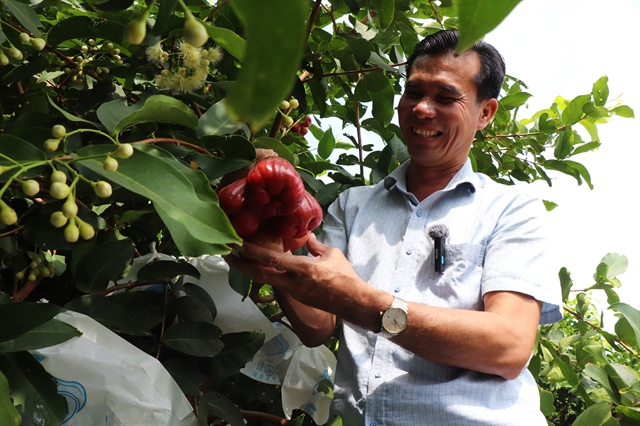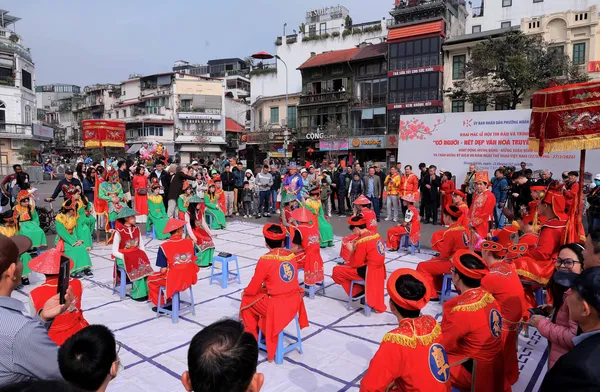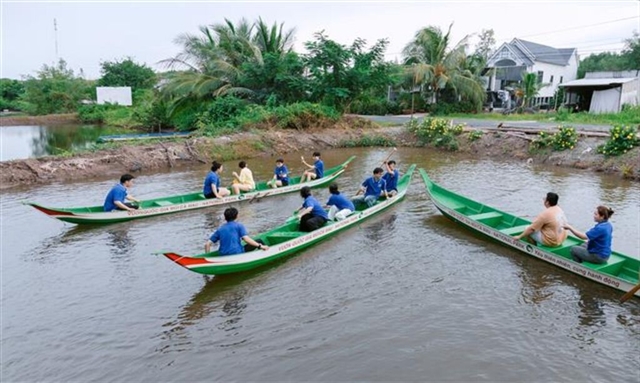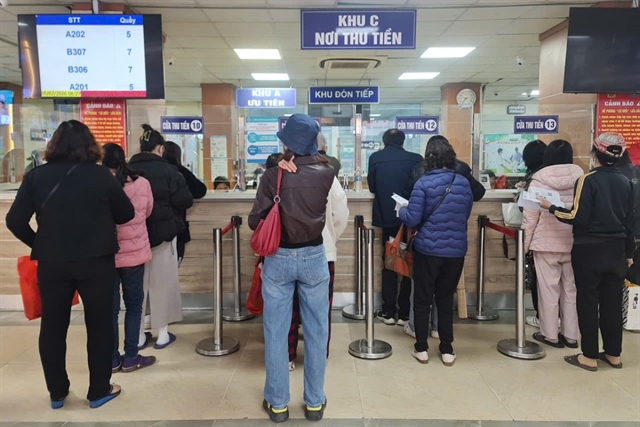 Society
Society

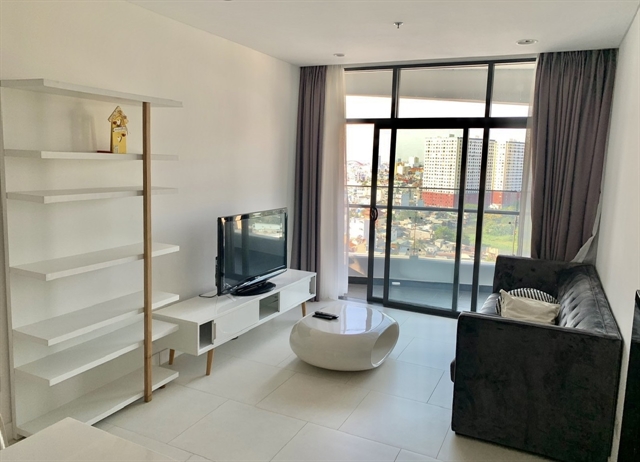
|
| An Airbnb apartment in HCM City. — VNS Photo Bồ Xuân Hiệp |
HCM CITY — A recent review by HCM City authorities has found that the vast majority of apartment buildings in the city are not legally or technically qualified for short-term rentals, dealing a blow to Airbnb operators — even as city leaders consider lifting the current ban.
The revelation, confirmed by the Department of Construction earlier this week, comes amid mounting pressure to legalise short-term rentals in Việt Nam’s largest economic hub.
But officials said most mixed-use apartment buildings lack the necessary fire safety systems, separate water and power infrastructure, elevators, and waste management setups to accommodate transient guests.
“These buildings were not designed for hotel-type operations,” the department said in a statement. “Without meeting key safety and design standards, they cannot be approved for short-term lodging.”
Currently, the city enforces Decision 26/2025, which prohibits apartment units from being rented by the hour or day, effectively banning Airbnb-style operations.
Violations are widespread, but enforcement has been sporadic, creating legal ambiguity for thousands of landlords and property investors.
The city’s findings now place even more urgency on the debate over how to regulate the growing short-term rental market.
In response to the legal and technical shortcomings, the Department of Construction is working with multiple departments to draft a comprehensive legal framework that could allow short-term rentals in buildings that meet strict criteria.
A pilot programme that would authorise short-term rental activity in a limited number of qualified buildings, pending approval from city police and local authorities, is also being considered.
The tension is palpable across HCM City’s dense apartment landscape.
On one side are building management boards and long-term residents, who say short-term tenants compromise security, disrupt daily life, and increase wear and tear on shared infrastructure.
On the other side are hosts, investors, and tourism businesses, who argue that current restrictions are outdated and deprive the city of significant tourism revenue.
“We’re not asking to operate in a legal vacuum,” said one local Airbnb host who manages six units. “We want proper rules. But a total ban helps no one.”
Vice Chairman of the People's Committee Bùi Xuân Cường previously ordered a full review of qualified buildings and instructed the Department of Construction to release a list of eligible sites – a list that still has not been made public.
Legal experts and economists said the city must act quickly. “HCM City is missing out on a regulated revenue stream,” said Dr. Lê Hoàng Minh, an urban policy analyst. “Tourism demand is back, and shared-economy platforms are not going away. The city needs a system that allows for growth without compromising safety.”
Until new guidelines are issued, short-term rentals remain in legal limbo. But with this latest review confirming that most buildings are currently unfit, any path to legalisation will be narrow, and tightly controlled, experts said. — VNS

